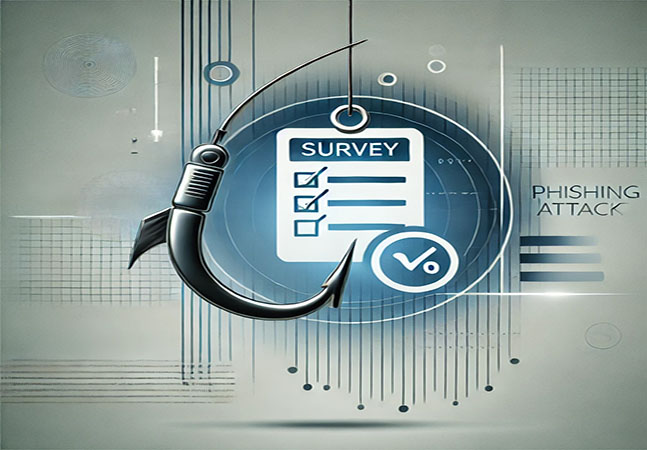
Guidance abounds about cloud security -- apparently with little effect judging by the current state of ransomware and other attacks -- but sometimes the best advice from experts straight from the front lines is best presented in easily digestible chunks.

Data security specialist Rubrik is speeding up the threat hunting process in its software by allowing for quicker recoveries in the familiar backup & recovery process.

Since the dawn of advanced generative AI the new tech has been used by both threat actors and security defenders, with a new survey examining that double-edged security sword and finding many execs predict more cybersecurity issues.

"By 2027, AI assistants and AI-enhanced workflows incorporated into data integration tools will reduce manual intervention by 60 percent and enable self-service data management."

To help organizations get ready, our AI expert Brien Posey weighed in with his views on the top AI trends going into 2025, seeing the transformative technology getting a huge boost from multimodal capabilities along with smaller more targeted LLMs and autonomous agents able to do things on their own.

Security is paramount to both proprietary and open-source AI approaches in these days of rampant ransomware and other cybersecurity exploits, and here the open-source movement might be susceptible to some inherent drawbacks, such as use of possibly insecure code from unknown sources.

Follow the money, they say, and the money says vertical AI agents are the future.

Expert guidance abounds for enterprises to protect themselves against ransomware, phishing and other cyberattacks, but sometimes that advice is more effective when dispensed with real-world examples for specific scenarios.

Rubrik says it's brining cyber posture and cyber recovery to provide Microsoft Azure Blob Storage customers further visibility into their cloud data, enabling business agility and resilience.

Tom Fenton finds talk about patent trolls, AI, new products and more.

Aim is to help organizations modernize their VMs and applications while enhancing cyber resilience, offering features like easier migration, faster data recovery, and unified data management across virtualized environments to help better protect against evolving threats.

Tom reports on Cloud Native Computing Foundation (CNCF) happenings and discovers some new storage vendors.

It just became free for commercial use along with earlier permission for personal use, so Tom Fenton shares some of the cool things you can do with this venerable virtualization platform.

Tom Fenton discovers a plugin that has CSV support and uses it to quickly create a bar chart.

Data resilience specialist Veeam Software updated its Data Cloud Vault with two new pricing tiers and enhanced integration with the Veeam Data Platform.

Data security specialist Druva announced extended support in Microsoft environments, specifically Microsoft 365 Dynamics Sales and Customer Service CRM modules.

New capabilities include simplified deployment and management of services including Azure Virtual Desktop, Microsoft 365, and Microsoft Intune. An updated pricing model is designed to increase margins for managed service providers.

Nutanix announced a new hybrid cloud offering parked on AWS that can help users extend their on-premises Nutanix environments to the cloud, offering perks to other users possibly disgruntled by the ongoing Broadcom/VMware tumult.

Straight from the front lines of cyber defense, time-poor, one-person Security Operations Center operator Paul Schnackenburg dives into Microsoft Defender XDR and Sentinel's SOC Optimization feature, highlighting how it helps streamline security coverage while managing costs.
- By Paul Schnackenburg
- 11/04/2024